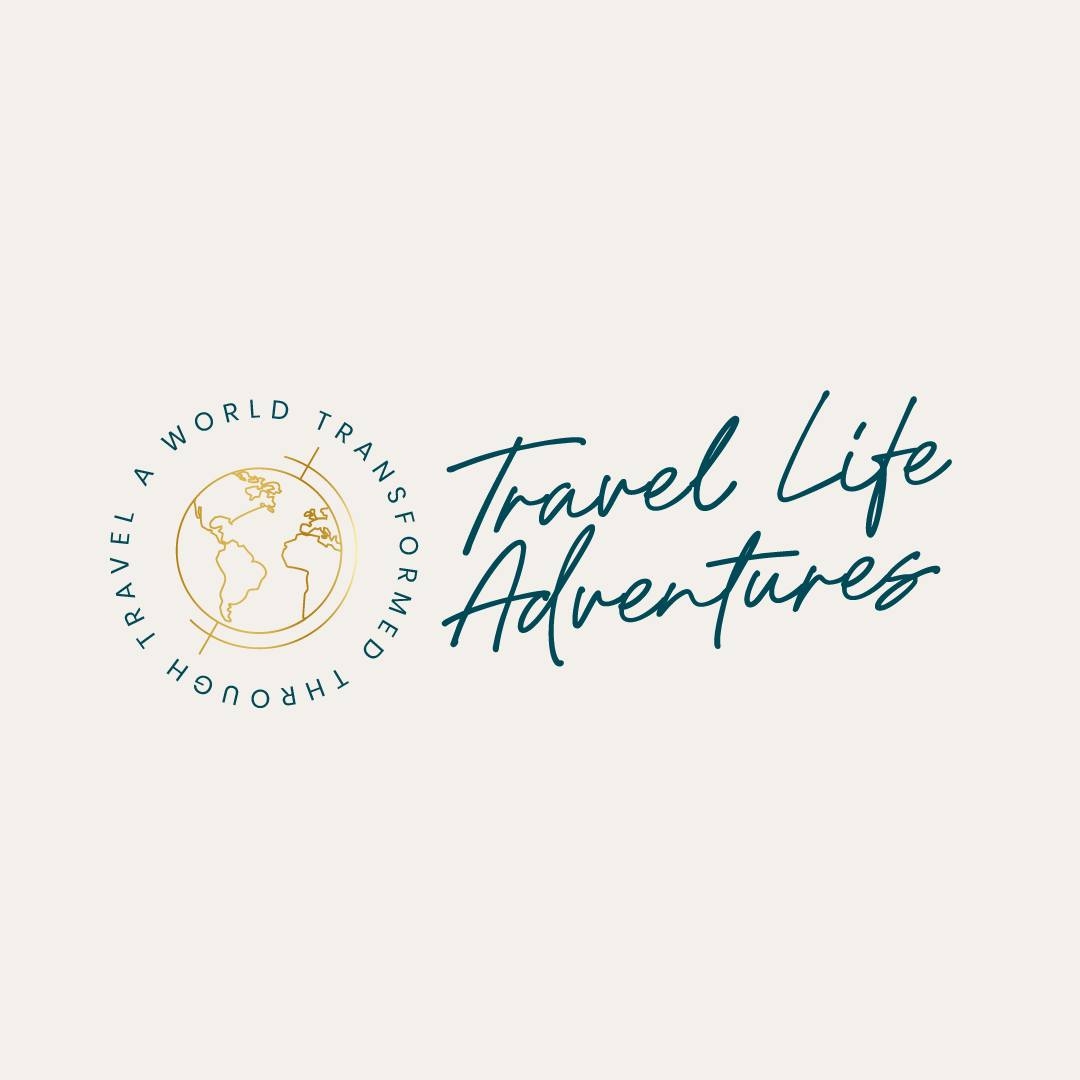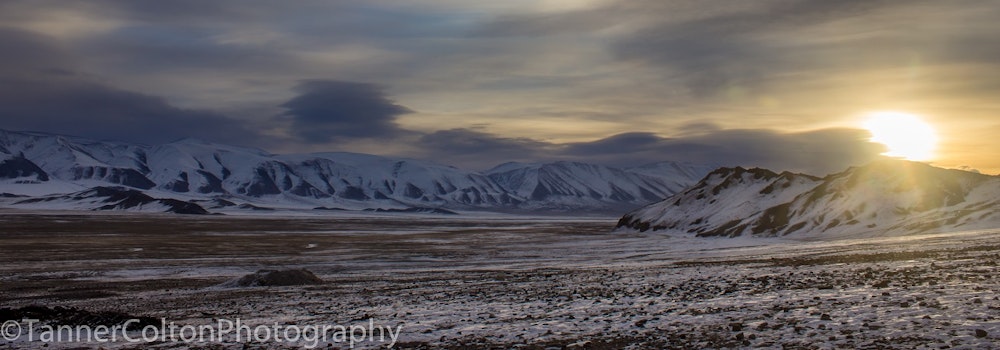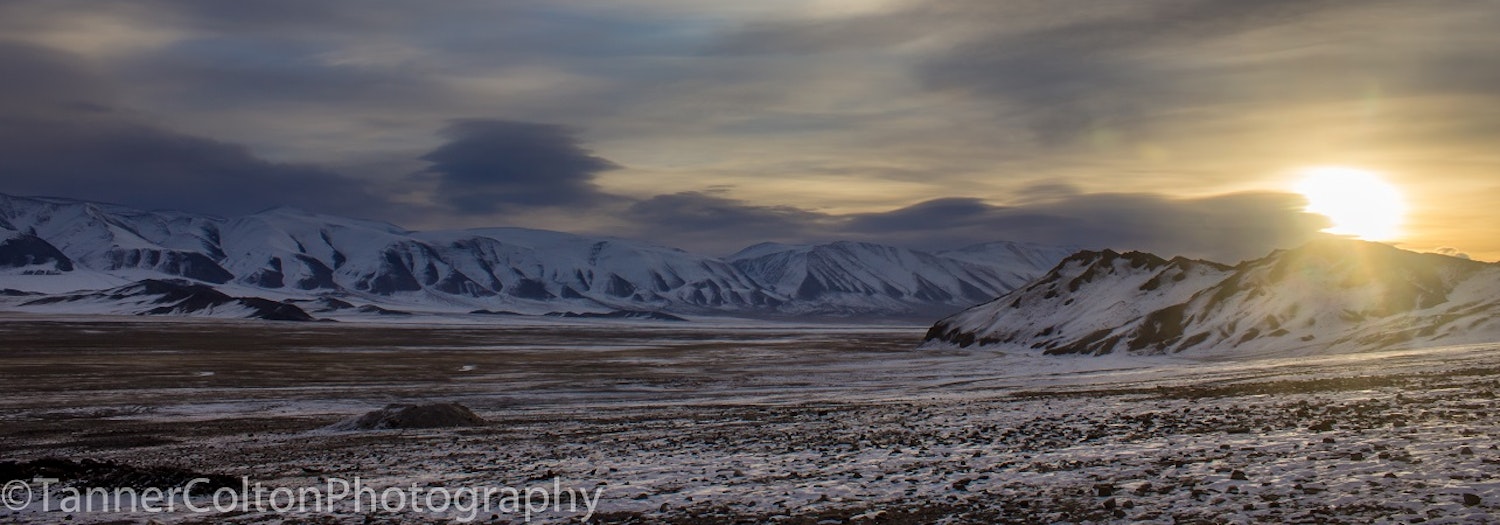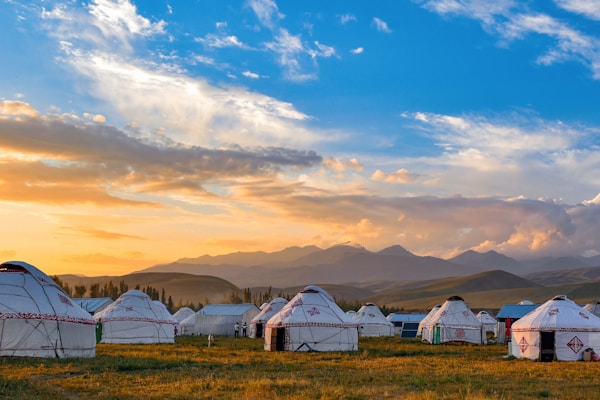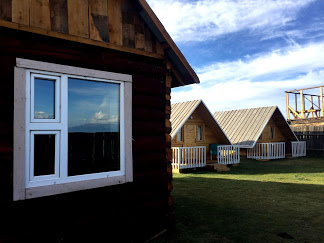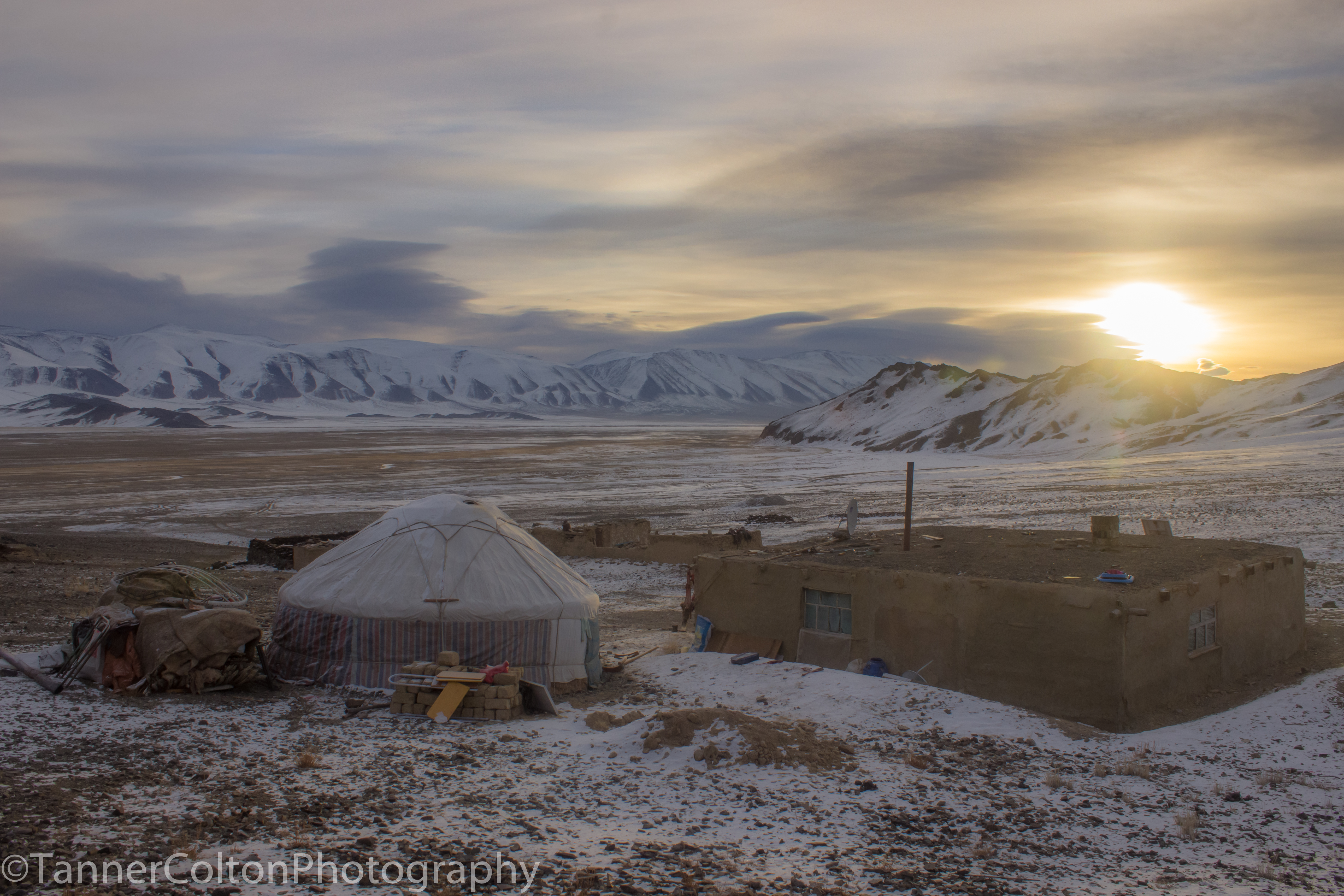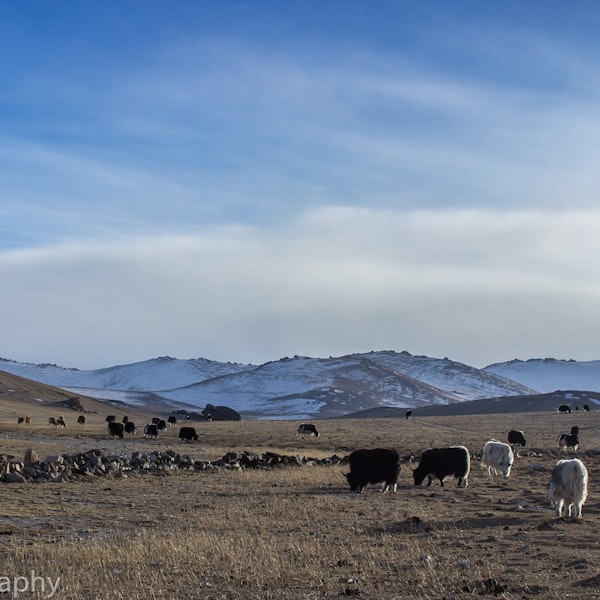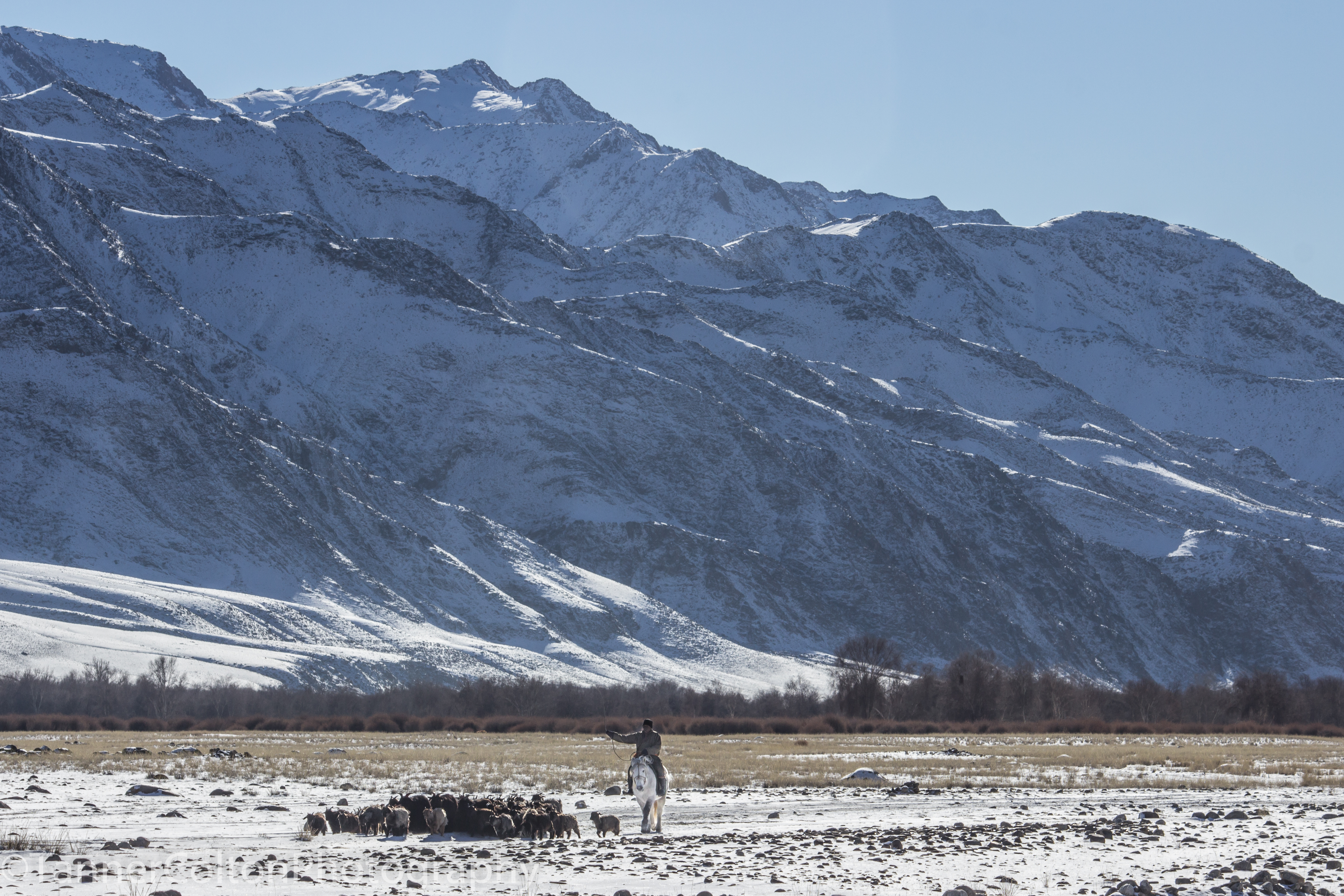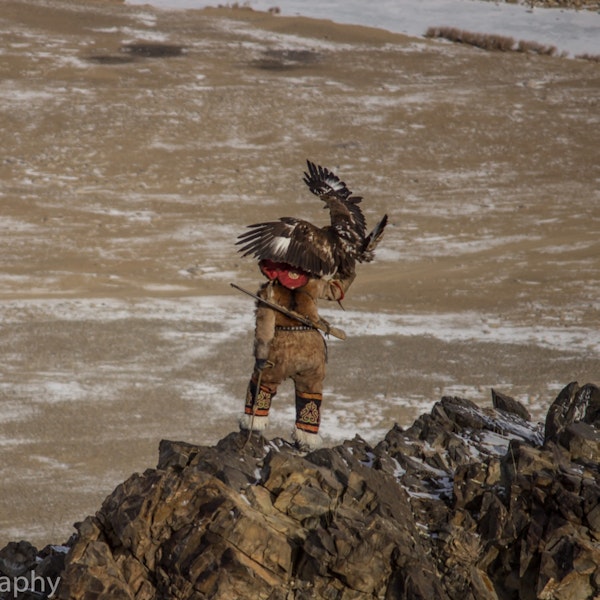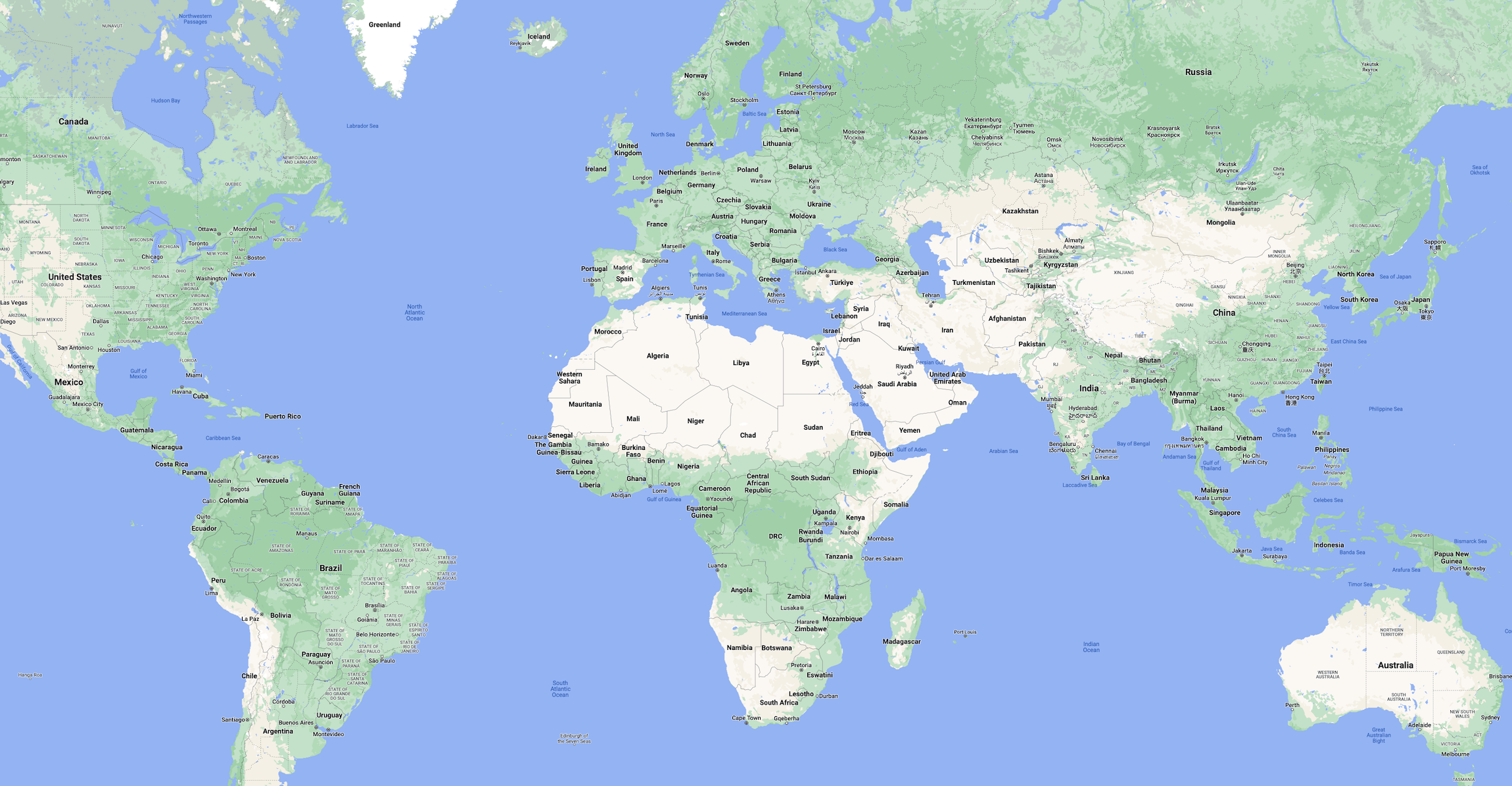Today you will arrive at the home of a Kazakh family where you will stay the next two nights. During this time you will learn how these people have carried on a thousands year old tradition of training Golden Eagles and using them to hunt small game. You will also be able to eat and interact and learn about their way of life, exchanging knowledge and stories and lots of laughs!
Kazakh Background
The Kazakh people inhabit modern day Western Mongolia, Kazakhstan, Eastern China, and other parts of central Asia. They are a Turkic descendant people who have roots in the Mongol and central Asian ancestries. Kazakh people traditionally practiced Shamanism and Tengrism, with portions of the people practicing Buddhism and Christianity in later times. In Mongolia, Islam is the predominant religions faith of the Kazakh people.
In around 1860, part of the Middle Jüz Kazakhs came to Mongolia and were allowed to settle down in Bayan-Ölgii, Western Mongolia and for most of the 20th century they remained an isolated, tightly knit community. Ethnic Kazakhs live predominantly in Western Mongolia in Bayan-Ölgii Province (88.7% of the total population) and Khovd Province.
Eagle Hunting
Hunting with eagles is a traditional form of falconry found throughout the Eurasian Steppe, practiced by the Kazakhs and the Kyrgyz in contemporary Kazakhstan and Kyrgyzstan, as well as diasporas in Bayan-Ölgii Provinces Bayan-Ölgii, Mongolia, and Xinjiang, China. Though these people's people are most famous for hunting with golden eagles, they have been known to train northern goshawks, peregrine falcons, saker falcons, and more.
In modern times the number of families who still practice traditional Eagle Hunting are shrinking. One of the big challenges that these people face is the ever increasing frequency of colder and harsher winters followed by shorter growing seasons due to climate change. This is forcing people from their traditional lifestyle to pursue economic opportunities in the city.
Another big challenge is the commodification of this ancient practice. Many in Mongolia have co-opted this practice and have used it to make money from tourism. To be able to ensure that this practice is preserved and unchanged by outside influences, it is important to be selective about how we interact with it as tourists. The last thing we want is for a Kazakh family who has been living this way for generations to lose their way of life because it has been stolen.
It is in the intimate company of our fellow human beings that we find the most profound connections and meaningful experiences. This is especially true when we seek to connect with others whose life is much different than our own.
Ways To Connect
For truly transformative experiences to take place it is important to be intentional about connecting with people and place. A few ways to open up that opportunity are:
-Dive In: Open yourself up to new experiences and always be ready to something new, even if it feels foreign or unfamiliar
-Be Open: Share your story with your hosts, be open about your life and share who you are with the people you meet.
-Listen And Ask: Travel experiences are best when they are reciprocal so make sure to leave room for your new friends to share their story as well.
-Reflect: Make time in your day to reflect on what you are seeing and doing, to make meaning from your experience. This is a chance for personal growth and transformation to take place.
You will have the opportunity to experience a totally different way of life, to immerse yourself in a culture and a land that has so much to offer. All that is required is for you to be open to it.




